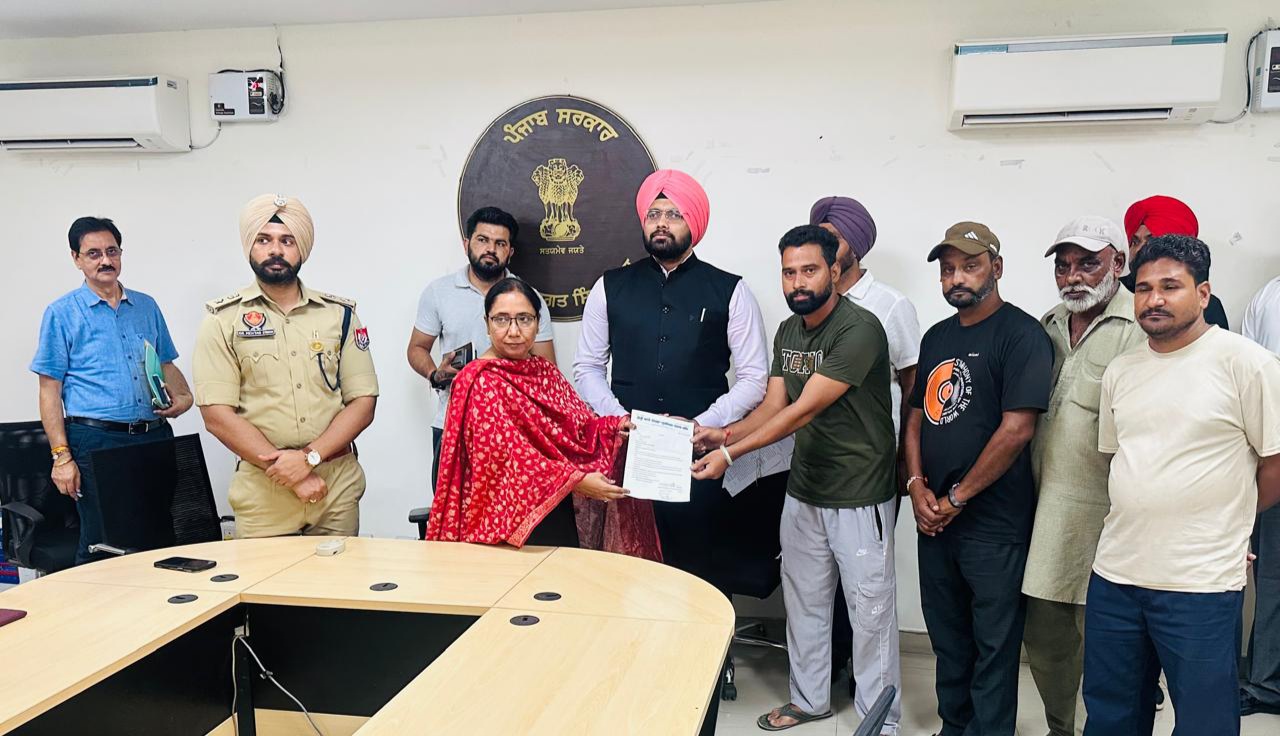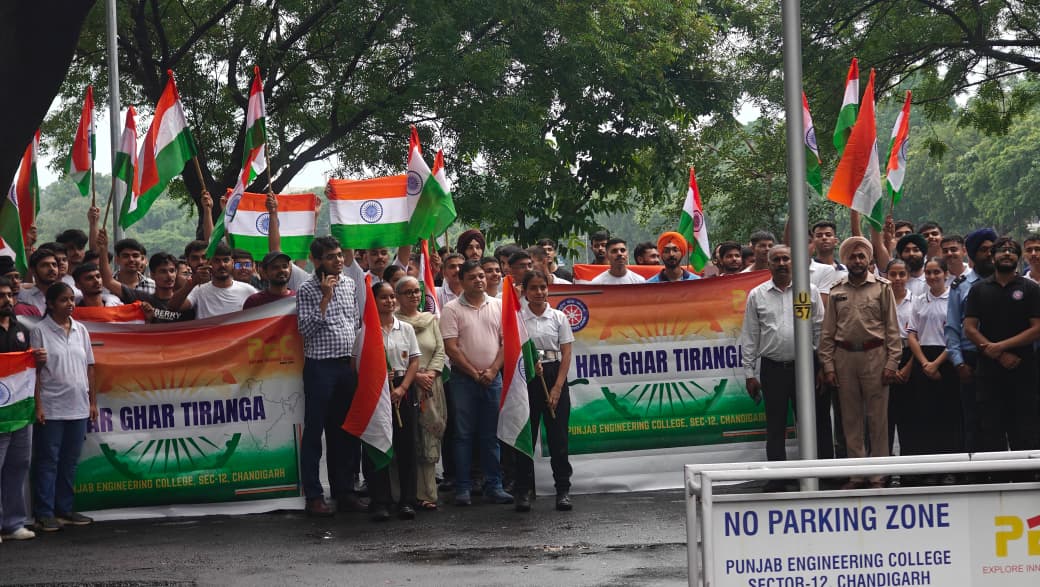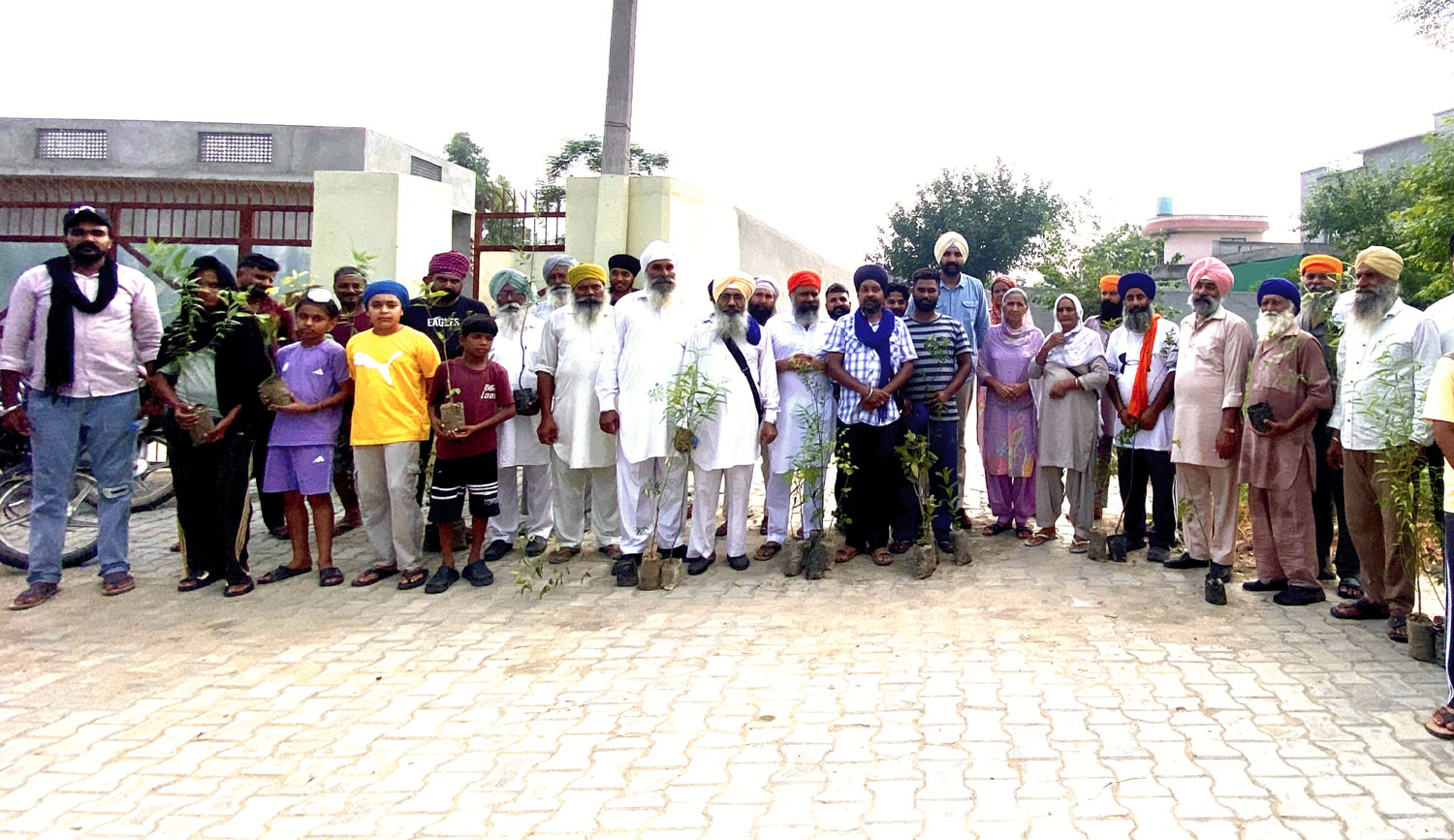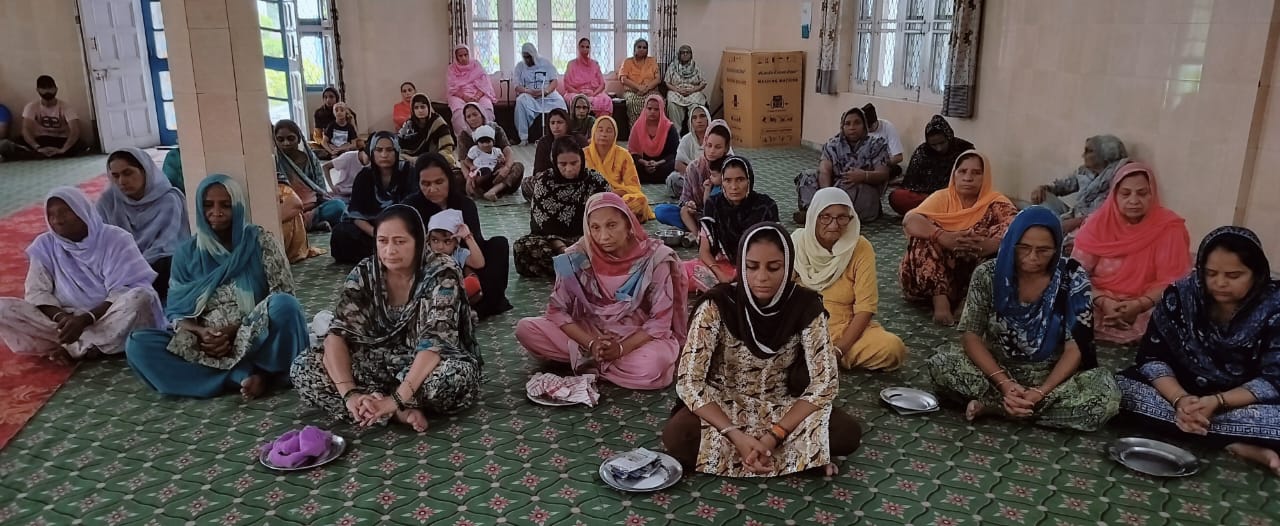
A new era dawns - Haryana takes a bold step towards restorative justice.
Chandigarh, August 17 - The Haryana government has introduced the Community Service Guidelines, 2025. The policy is designed to replace prison sentences with systematic socially useful work for some first-time offenders. This landmark reform, based on the Indian Penal Code, 2023, marks a deliberate shift towards rehabilitation with reparation. It is a philosophy that is rapidly being adopted by progressive legal systems around the world.
Chandigarh, August 17 - The Haryana government has introduced the Community Service Guidelines, 2025. The policy is designed to replace prison sentences with systematic socially useful work for some first-time offenders. This landmark reform, based on the Indian Penal Code, 2023, marks a deliberate shift towards rehabilitation with reparation. It is a philosophy that is rapidly being adopted by progressive legal systems around the world.
Haryana's Additional Chief Secretary, Home and Judicial Administration, Dr. Sumita Mishra, who played a key role in drafting the guidelines, described them as a framework where justice also rehabilitates as it reforms.
She stressed that the aim is not to reduce the seriousness of crimes but to use them as a substitute. He said every crime leaves a mark on society but also an opportunity - an opportunity to turn a wrong into a public good.
Dr. Mishra said that under the new policy, judges will have the discretion to assign community service to eligible criminals in place of imprisonment. The scope of work is wide and includes planting trees on river banks, helping in rural health centres, maintaining heritage sites, cleaning public parks and contributing to social welfare campaigns like Swachh Bharat.
Each officer will be carefully selected according to his capabilities, taking into account age, physical health and skills, to ensure that the service is useful to the community and personally meaningful to the individual.
Progress reports will be submitted to the courts from time to time, which will enable the judicial officers to monitor the contribution of each criminal in real time. The officers involved in the programme will be given detailed orientation sessions to ensure that it is implemented uniformly across all districts.
He further said that the policy includes special provisions for vulnerable populations. Youth in violation of the law will participate in supervised activities like NCC training, skill building workshops and environmental projects that promote discipline and a sense of purpose.
Women offenders will be placed in an environment where they can make a meaningful contribution while maintaining safety and dignity, including Nari Niketan, Anganwadi centres, maternity wards and child care facilities.
Dr. Mishra said that the Community Service Guidelines, 2025 strives to develop a broad culture of responsibility. By forcing criminals to contribute directly to the well-being of the communities that have harmed them, the state government wants to teach them lasting lessons of compassion, accountability, and citizenship.














